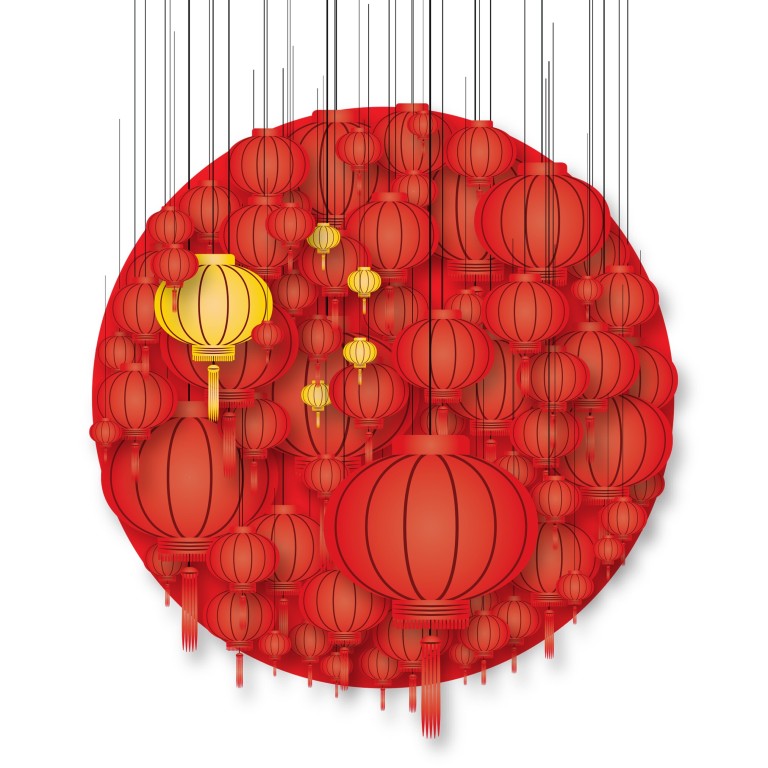
New Rising Sun: can post-Abe Japan leave China’s shadow to lead Asia?
- A ‘genius in handling Trump’ and the patron of Abenomics, Japan’s longest-serving prime minister Shinzo Abe will be a hard act to follow
- Contenders must navigate South China Sea perils, an ugly US election, territorial disputes with China and Russia, and a riddle about pacifism
Over four terms of office stretching back to 2006, Abe did more to raise his country’s profile and international presence than perhaps any Japanese leader since the second world war. Along the way he became the country’s longest-serving prime minister, its youngest since the war, ushered in revolutionary economic policies that still bear his name, broached the taboo over the country’s pacifist constitution and built a formidable personal brand that gained the respect of capitals across the world.
Japan’s next PM: with Abe gone, could Suga hit China-US sweet spot?
Exactly who it is that faces that challenge will soon become clear; the ruling Liberal Democratic Party (LDP) is expected to elect its party leader on September 14 and then pick the new prime minister on September 17.

02:19
Japan’s Prime Minister Shinzo Abe resigns for health reasons
BIG SHOES
Abe’s legacy as a leader goes beyond the three-arrowed policies of “Abenomics” – aggressive monetary policy, fiscal consolidation and growth – that he pioneered to revive the Japanese economy from two decades of deflation and remains in use to this day.
Abe’s leadership also led to the signing of multinational agreements such as the Comprehensive and Progressive Agreement for Trans-Pacific Partnership and the EU-Japan Economic Partnership Agreement, both of which boosted Japan’s regional leadership ambitions, said Stephen Nagy, an associate professor of international relations at Tokyo’s International Christian University.
“These are the results of Abe’s diplomacy and they have substantially increased Japan’s role in the region, its reputation, and created the conditions for long-term engagement in the region,” Nagy said.
Such achievements were made possible largely because of the personal clout Abe had built up through his long tenure in office and lack of serious political rivals, said James Brown of Japan’s Temple University.
Japan to pick new PM on September 17, Suga ‘joining race’
Brown said that while Abe had many critics, there was no question that he had increased Japan’s international visibility with his frequent overseas visits.
“Abe was much more active in this regard than most Japanese leaders. This will be difficult for Abe’s successor to replicate,” Brown said, pointing out that the coronavirus had put most international summits on ice.
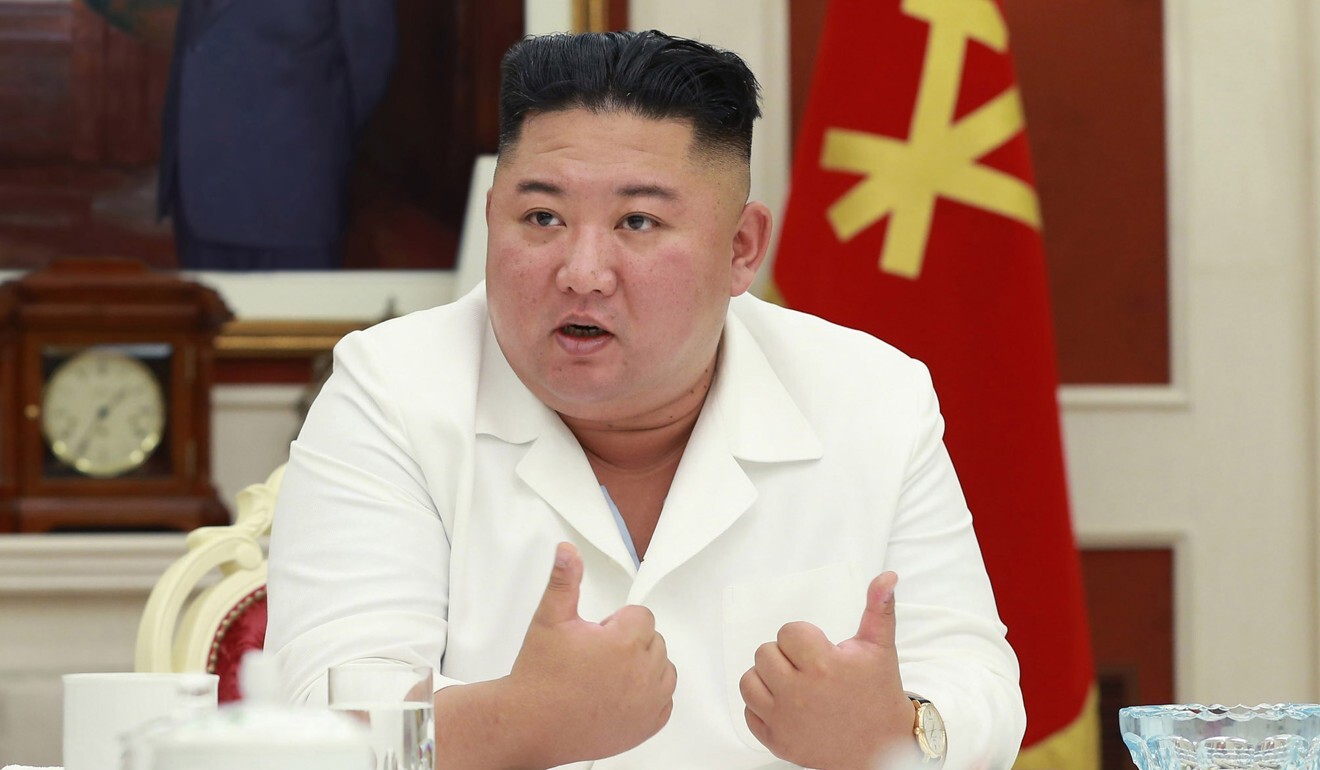
A survey this year by the ISEAS-Yusof Ishak Institute, a Singapore-based think tank, found Japan was Southeast Asia’s most trusted partner.
And it is not only Abe’s past achievements that any successor may potentially have to contend with – Nagy pointed out that the man himself could return as a senior statesman once his illness is brought under control, a sentiment shared by Lam Peng Er, a senior research fellow at the National University of Singapore’s East Asian Institute. Abe would “always remain an inspiration to the right-wingers in Japan”, Lam said.
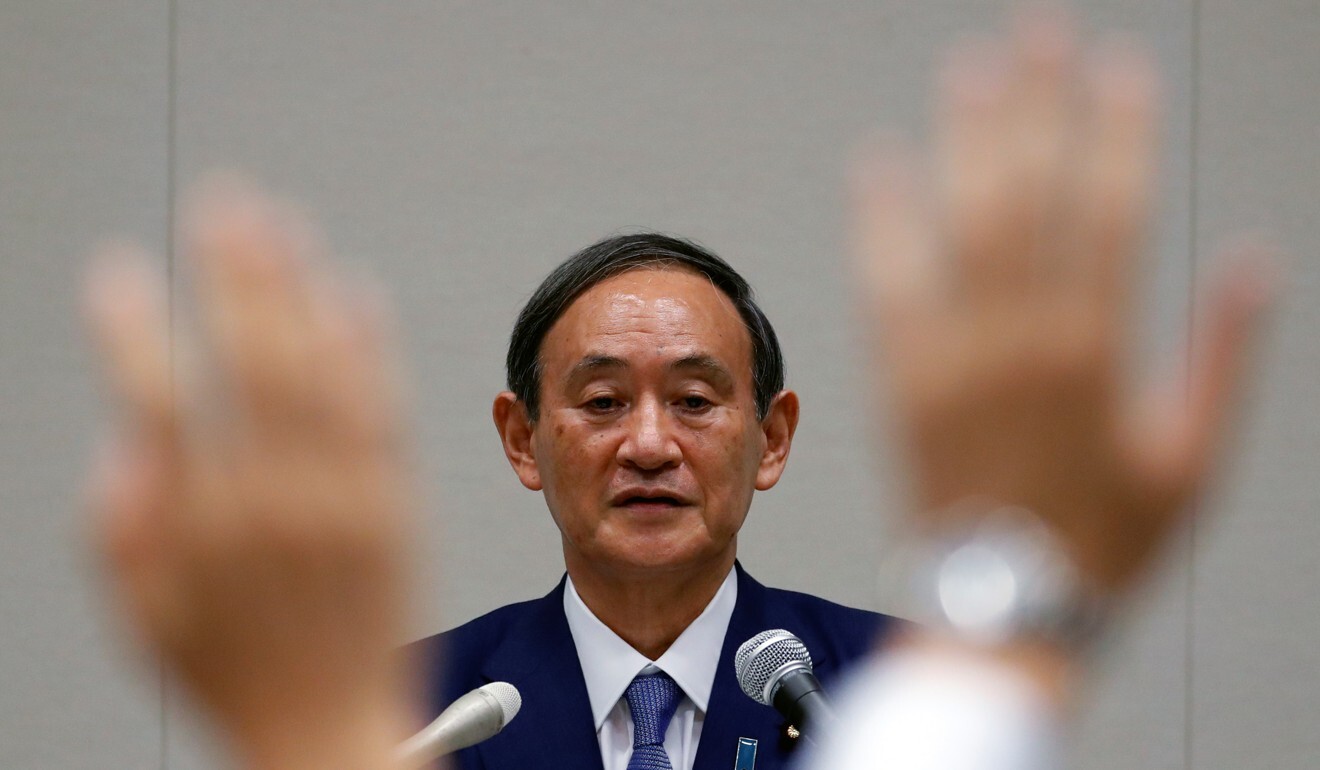
THE CONTENDERS
Among those in the race to replace Abe is Chief Cabinet Secretary Yoshihide Suga, currently the favourite due to strong support from within the LDP, said Kyoto University of Foreign Studies professor and Griffith Asia Institute adjunct Michael Heazle.
Nagy said Suga represented stability as he had worked closely with Abe and was expected to focus on the domestic front.
Describing Suga as someone with “no political philosophy except climbing up the ladder”, Takesato Watanabe, an emeritus professor at Japan’s Doshisha University in Kyoto, said Suga was likely to heed popular opinion that called for the new leader to follow Abe’s path.
Suga was “the best” and “the right person” for the job partly because he did not have a defined following within the LDP and would therefore not be biased towards his supporters.
“Suga does not have his own faction which means that he does not care about moving any followers or colleagues into strategic positions, this means he will be able to act solely in the interest of the premiership,” Watanabe said.
Japan PM hopeful Kishida slammed over ‘wife maid’ Twitter photo
Watanabe noted that Suga was born to a poor farmer in northern Japan, had to work in Tokyo for two years before entering university and worked in tough manual jobs before being employed as the secretary of a local politician.
“So he knows he cannot become a star, while those around him know he will always be behind a strong person or strong economic group while playing the role of mediator. Suga has always been behind Abe as his chief cabinet secretary and mediator of others to keep his own power,” Watanabe said.
Lam described Suga as “very folksy, very grass roots-oriented but not flashy, and someone who will seek consensus”.
Jain said Abe favoured Suga, his right-hand man since taking office in 2012, and “most definitely opposed” another leading contender, Shigeru Ishiba.
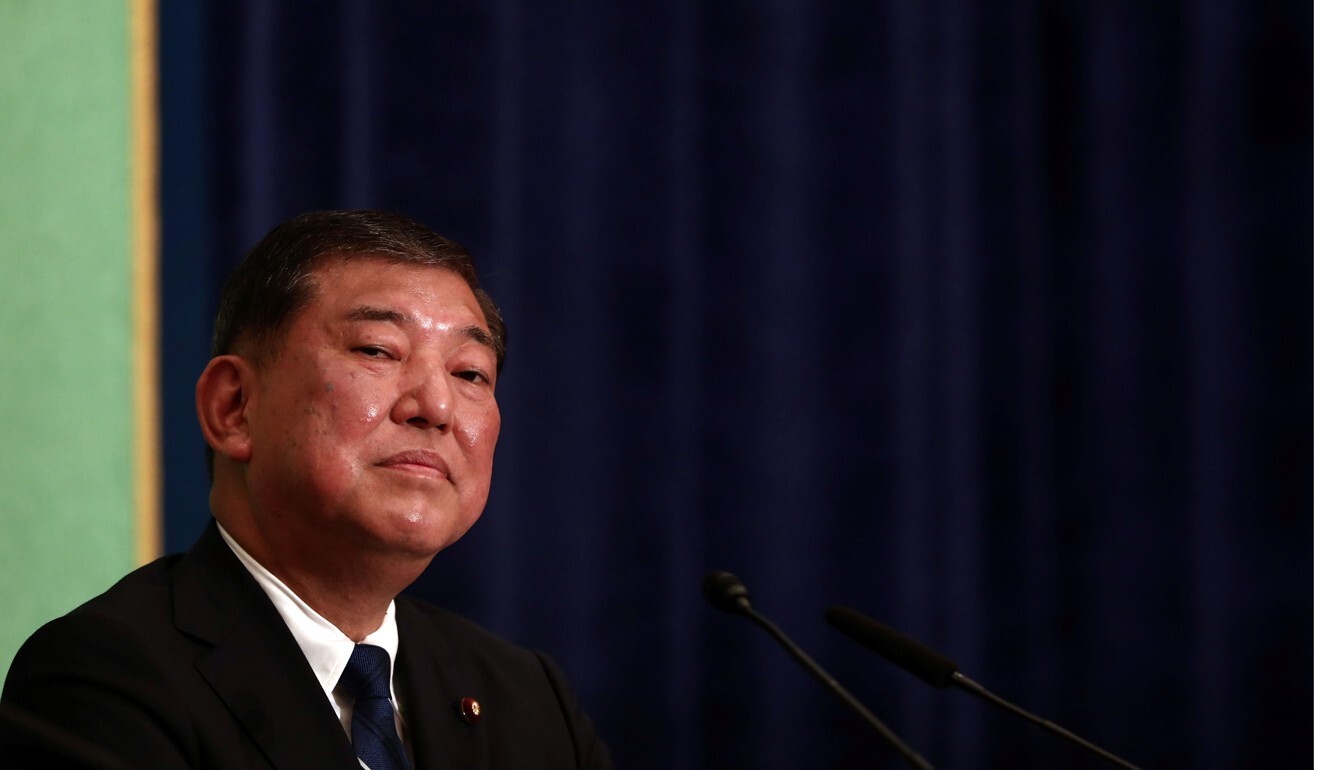
Even though former defence minister Ishiba was ahead in opinion polls, Jain said this was not enough to win him the party presidency. Ishiba led a faction of 19 LDP members of the Diet (Japan’s parliament) and would find it hard to convince other leaders of factions in the Diet to support him.
“None of the contenders has the dynamism of Abe,” Jain added.
Lam described Ishiba as a policy wonk and a political realist who had previously advocated a pre-emptive capability to strike against North Korea in the face of an imminent threat. “A conservative realist, Ishiba is not a historical revisionist bent on an ideological crusade like Abe,” Lam said.
Former foreign minister Fumio Kishida is another contender for the premiership, but Lam said few Japanese saw him as being of prime minister calibre.
What is ulcerative colitis, cause of Shinzo Abe’s resignation as PM?
“Apart from keeping a very low profile, critics say he is not a gutsy fellow. He does not really stand up and take a strong position on anything,” Lam said, adding that unlike Ishiba, Kishida was not popular with the LDP rank and file.
Kishida heads one of the LDP’s most prestigious factions, having taken over the group from Makoto Koga, 75, in 2012. The long-established faction, known as Kochi-kai, was founded by Hayato Ikeda, who served as prime minister from July 1960 until November 1964.
Heazle said Abe’s successor would need to spend much time and effort to build on the regional leadership credentials Abe had established.
“But whether anyone in the LDP can bring the same level of energy, imagination and focus as Abe to crafting Japan’s foreign policy remains to be seen,” Heazle said.
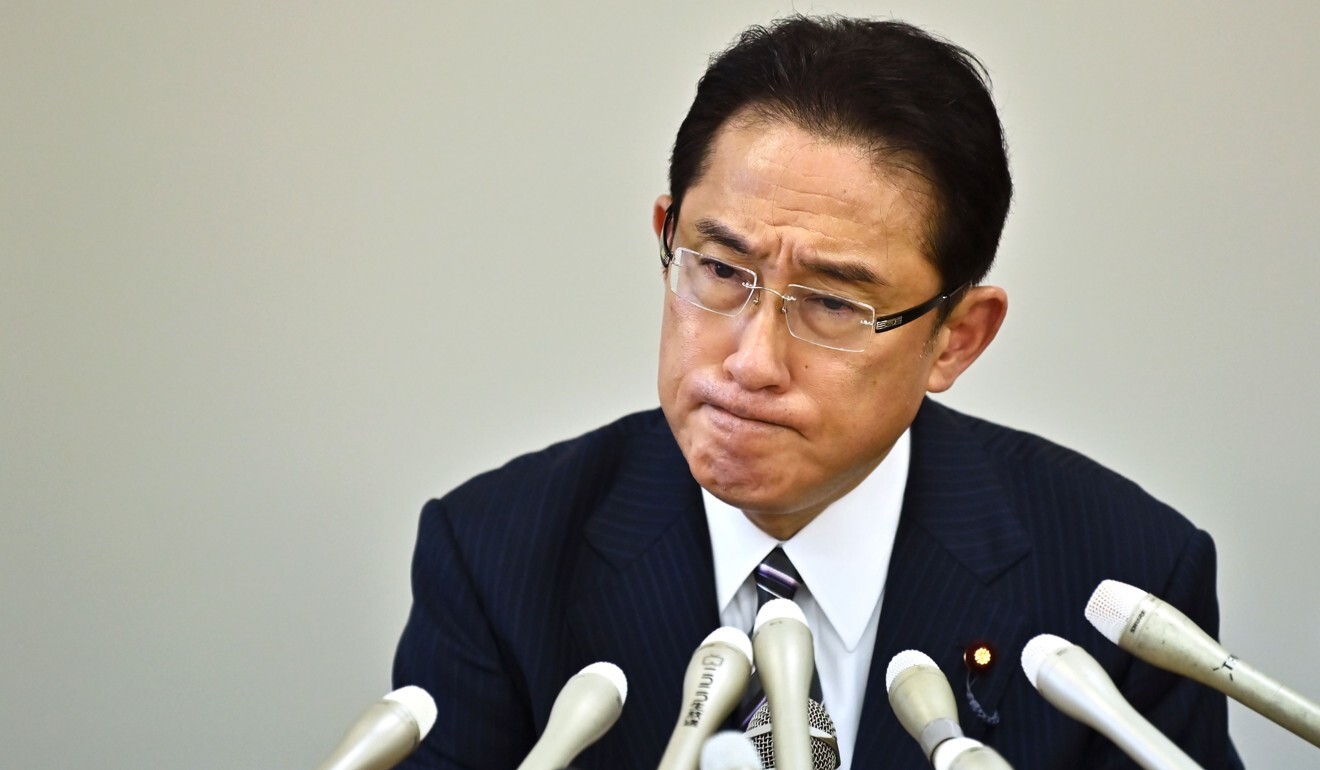
CONTINUITY OVER CHANGE
Amresh Kumar, from the Jawaharlal Nehru University’s School of International Studies, expected few changes in domestic and foreign policies, given that the LDP remained in power.
Japan’s Temple University adjunct professor Benoit Hardy-Chartrand said the next Japanese prime minister was unlikely to change the government’s position on the three big foreign policy issues identified by: revising the pacifist constitution, resolving the North Korean abductions issue, and settling the Northern Territories issue with Russia.
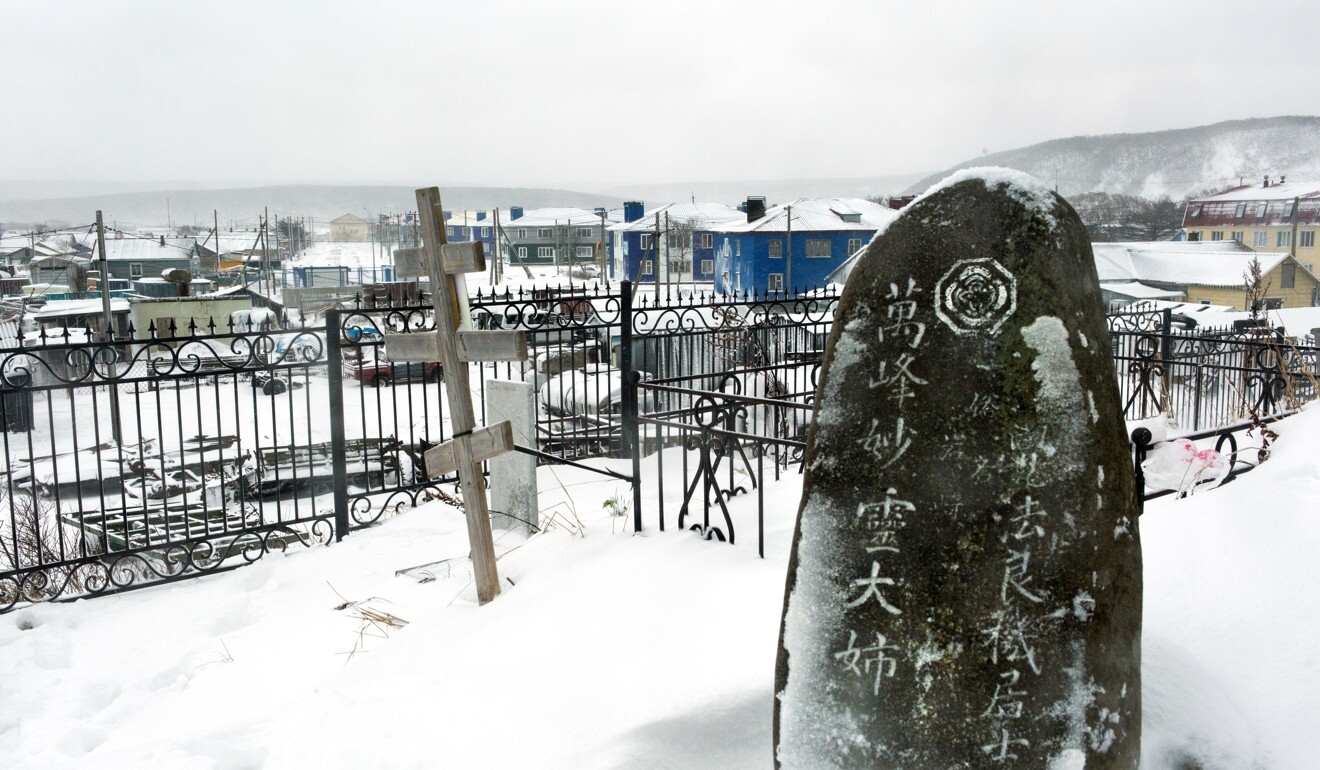
Heazle said policy continuity would be a priority until the new prime minister could consolidate his position in the party.
However, Brown wondered if this might be a mistake as the Abe administration was already becoming increasingly unpopular.
“If Suga just offers an Abe government minus Abe, there is little prospect of growing public support for the administration,” Brown said.
Jain said Abe’s plans to revise the constitution might take a back seat for this reason. He added that India, Australia and many Southeast Asian countries would miss Abe’s active promotion of a free and open Indo-Pacific as well as his efforts to build ties with them.
Pointing out that Abe had reinforced Japan’s defence posture, including the reinterpretation of the constitution to allow Japan to go to the aid of allies under armed attack, Hardy-Chartrand said it was as yet unclear whether the next leader would deploy the same energy, especially in the face of other challenges such as the need to revive the pandemic-battered economy.
THE UNITED STATES
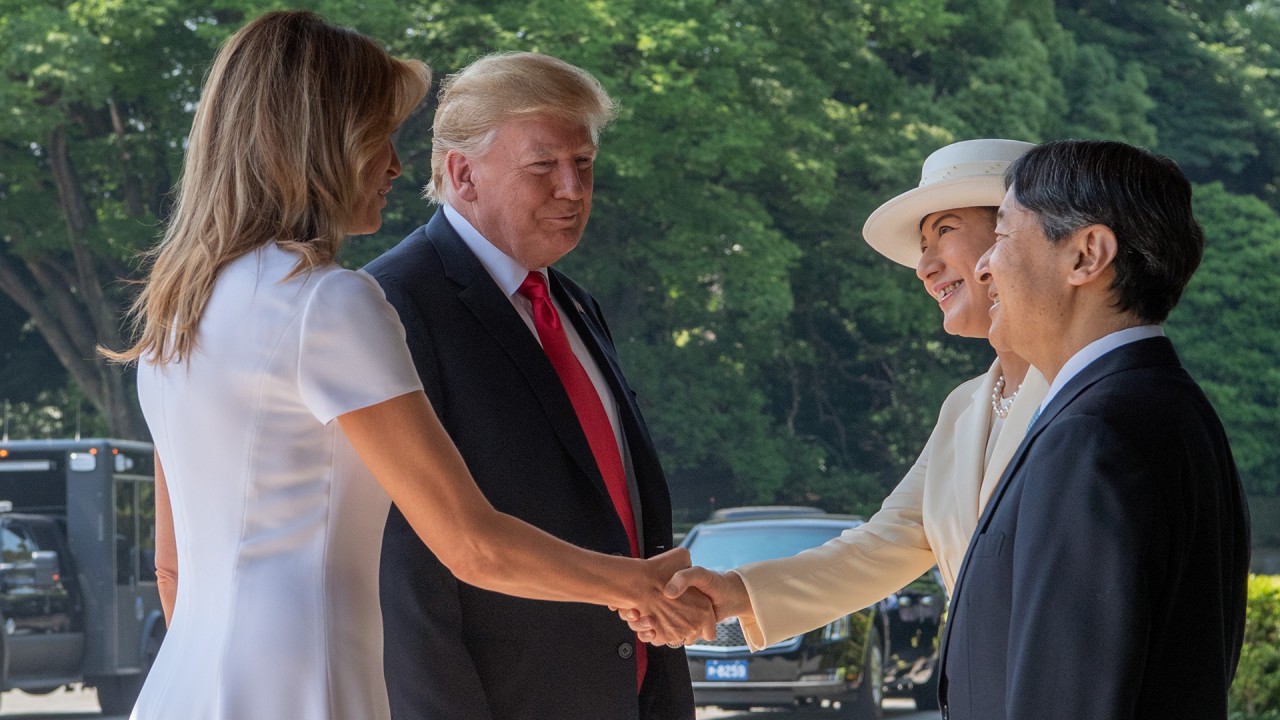
01:43
Trump state visit to Japan: talks, golf and sumo with Abe, red-carpet welcome from new emperor
While analysts were unanimous that maintaining good ties with the US was paramount, Jain said future prime ministers could learn from Abe’s “diplomatic genius in managing Trump and avoiding the worst”.
“If the new prime minister cannot manage relations with the US, that would be a big minus,” Lam said.
Apart from dealing with Trump’s “highly unpredictable and transactional approach to US foreign relations”, Heazle said the new prime minister would also face increasing US pressure to share the costs of US bases in Japan and Washington’s plans to deploy intermediate-range missiles in the region. However, this challenge would be less daunting should Trump lose the presidential election in November, Heazle said.
Trump calls Shinzo Abe greatest PM in Japan’s history
Brown said the new prime minister might find it difficult to deal with Trump as, while Abe had been nurturing the relationship since Trump’s election in 2016, Abe’s successor would be dealing with him ahead of an increasingly bitter election.
“The new prime minister will therefore be torn between the desire to establish close ties with Trump and the fear that this could alienate him from Joe Biden, if Trump loses in November,” Brown said.
If re-elected, Trump could push Japan and other allies in a direction that has increasingly characterised US foreign policy – anti-China and unilateralist, Nagy said.
“Japan and other Indo-Pacific states cannot and will not support this hardline stance and they will find ways to de-escalate the tensions,” Nagy said. He felt Japan’s size and its unique relationship with both the US and China meant it could lead other mid-sized powers to a middle ground. This middle ground would see US-China relations move from pure competition to a mix of cooperation, competition, and “a degree of bounded rivalry”, Nagy said.
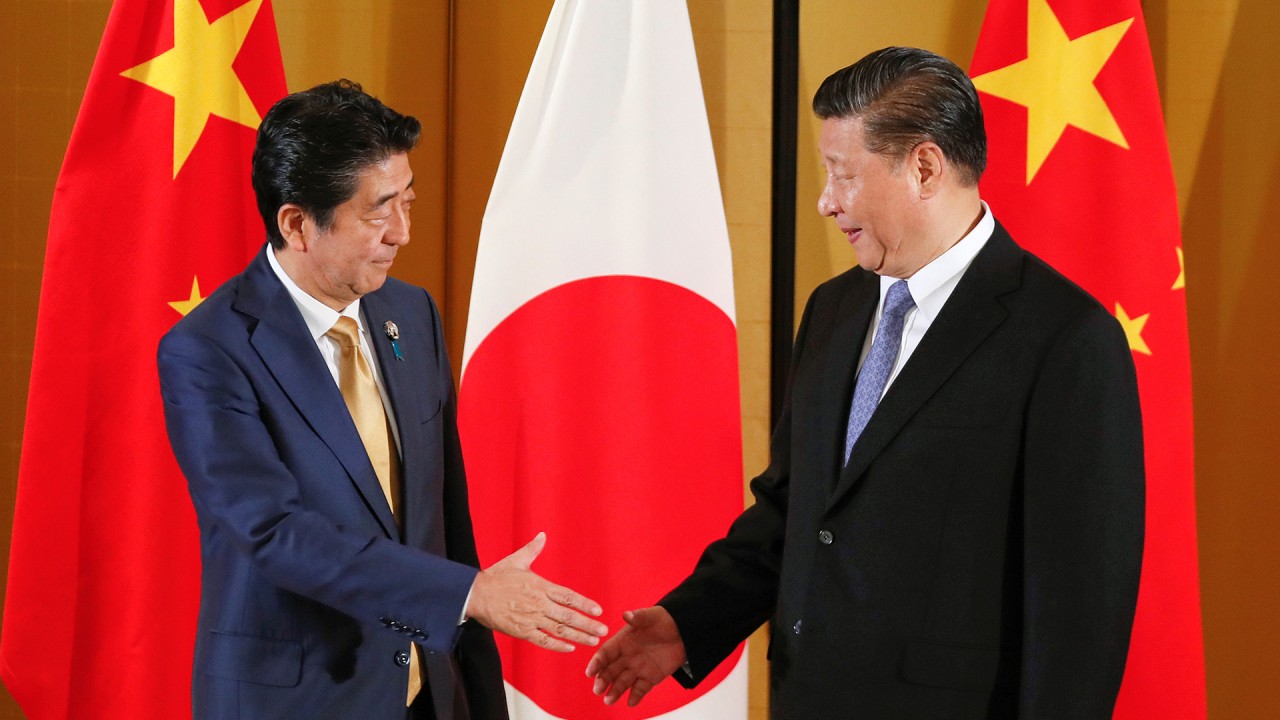
01:31
China and Japan agree to strengthen ties ahead of G20, Xi to pay Abe a state visit in 2020
CHINA
Nagy added that the new administration would continue to strengthen its economic partnership with China through multilateral partnerships while pushing back against Beijing’s assertive behaviour – such as in the energy-rich and strategically located South China Sea, where China is locked in territorial disputes with various Southeast Asian nations.
Lam said that while China planned to rely more on domestic consumption, this was possible only “up to a point” due to the globalised nature of the Chinese economy.
“The slack has to be picked up somewhere, so Japan and other neighbouring countries will become even more important to China,” Lam said.
Shinzo Abe’s resignation: who might become Japan’s next PM?
Xiong Lili, international politics department director at Beijing’s University of International Business and Economics, said while Sino-Japanese relations had improved in recent years, the new prime minister was likely to follow Abe’s lead in giving China no substantial concessions on major issues such as their territorial dispute over the Japanese-administered but uninhabited island chain known as the Diaoyus in China but the Senkakus in Japan.
“Chinese boats will [continue to] patrol in the Diaoyu Islands, and the Japanese will continue to come over and obstruct,” Xiong said.
Xiong pointed out that after Abe stepped down for the first time as premier in 2007, his successors Yasuo Fukuda and Taro Aso both visited China.
“Any efforts to improve relations are to be welcomed, so long as within Japan the leaders are not seen as having made major concessions,” Xiong said.
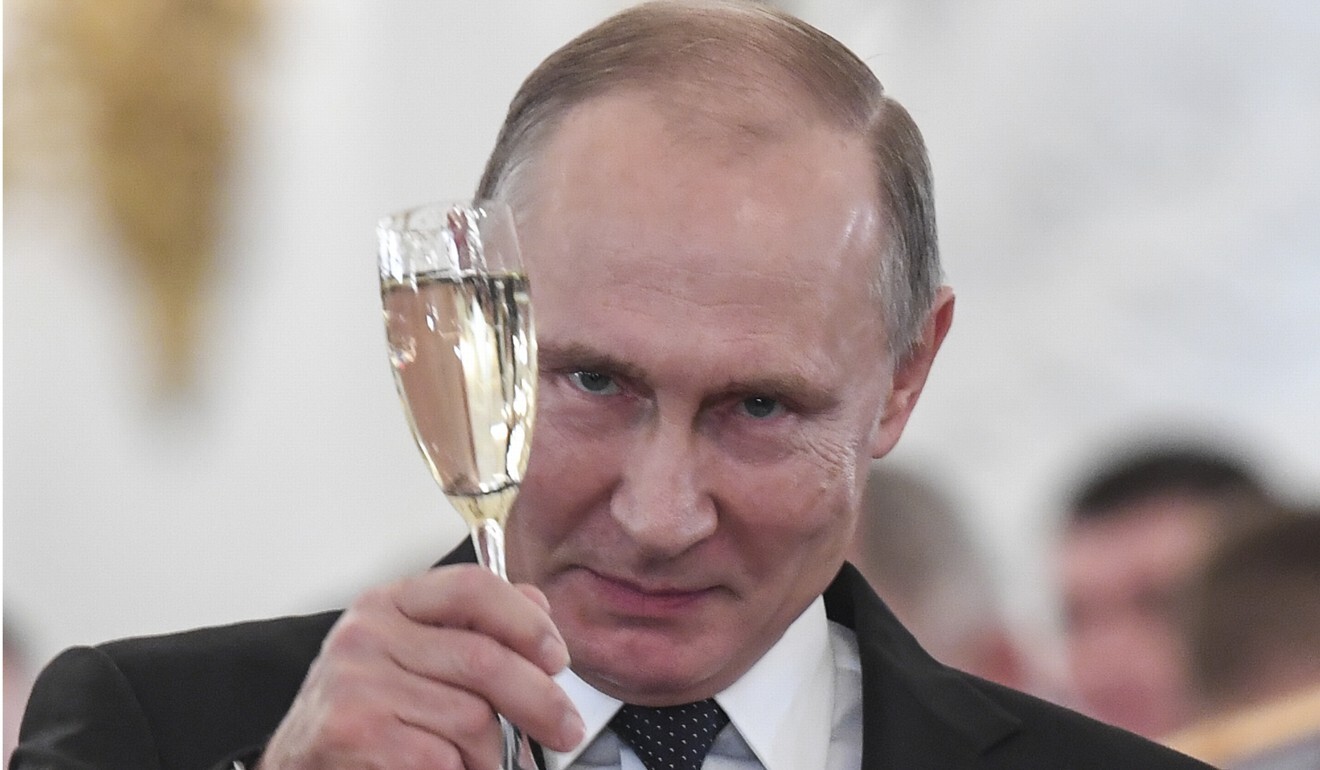
RUSSIA
Given that Abe was heavily criticised for “his frequent and mostly unreciprocated visits to Russia” that had failed to produce results, Brown said the next prime minister was likely to be less enthusiastic about engaging Moscow. Abe has cited his failure to resolve the territorial disputes with Russia over the Kuril Islands – which are administered by Russia, though Japan claims the four southernmost islands – as one of his greatest regrets about his time in office.
A less active prime minister would be even less likely to make headway, Krasnyak said, and there would be “no prospects for significant improvement in Japanese-Russian relations in the short term”.
Xiong said Abe’s failure to resolve the territorial disputes with the Russians or the abductions with North Korea suggested the problems were so complex that any successor would similarly struggle. However, Nagy said Japan would continue to court Russia not just in an effort to develop the Far East but also to prevent Moscow from getting too friendly with Beijing.
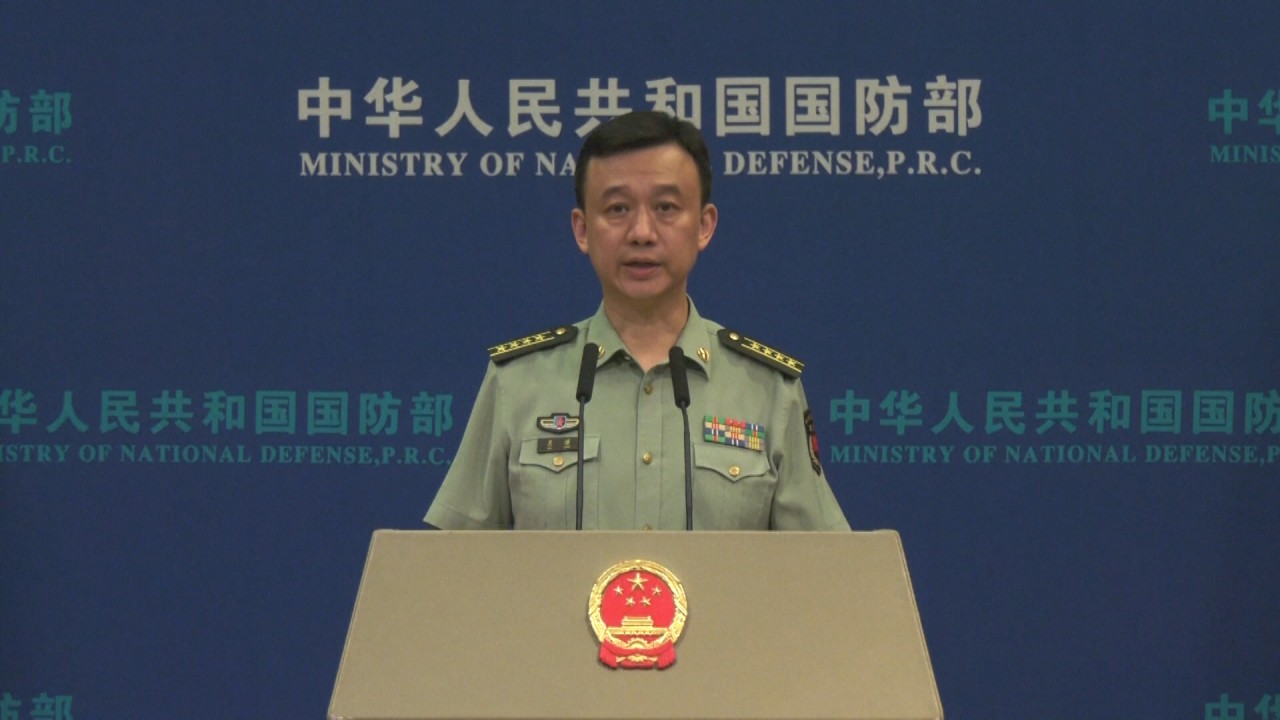
00:42
China urges Japan to say no to hosting American intermediate-range missiles
A LEADER FOR ASIA
Heazle said countries in Asia would continue to look to Japan for support in development assistance and investment and especially in territorial disputes with China and with maintaining the regional order.
“Confidence in Japan and the balancing role it has played in helping check Beijing’s revisionist ambitions will not change unless we see a significant worsening of Japan’s current circumstances,” Heazle said.
Nagy said Southeast Asia would continue to be a focal point for Japan’s foreign policy and its efforts to realise a free and open Indo-Pacific.
“Its favourable reputation there will make that process less complicated than other relations in the region,” Nagy added.

“So no matter whether Suga or Ishiba becomes premier, this is the national consensus in Japan, which is that Tokyo cannot accept a South China Sea dominated by [China’s] People’s Liberation Army Navy,” Lam said.
In view of a more assertive China, many experts said whether Japan was capable of regional leadership depended on the state of the Japanese economy and efforts to revive it. Brown said doing so would not be easy, noting that the early years of Abenomics had not been accompanied by the necessary reforms.
“If Japan really wants to offer alternative leadership to China, it needs to be bolder and address the inefficiencies that continue to hold back its economic potential,” Brown said.
Often-cited examples of Japan’s inefficiencies include stifling taxes, a lack of transparency in corporate affairs and a workplace tradition of rewarding seniority over achievement.
Japan’s PM Shinzo Abe confirms resignation over health problems
Nagy said Japan’s regional ambitions would also depend on who occupied the White House next year.
“A Trump presidency could see a more proactive Japan emerge working with other middle powers to fill the gap left by the US. A Biden administration would likely see more multilateral approaches to China, with Japan and the US working in lockstep,” Nagy said.
As for Japan’s role in the Quadrilateral Security Dialogue, or Quad, grouping with the US, India and Australia in the Indo-Pacific, Kumar said Abe had ensured a “great contribution from Japan” in dealing with the “expansionary adventurism of China”. Whether the group continued to ensure “peace and stability” in the area would depend in part on whether Abe’s successor embraced it.
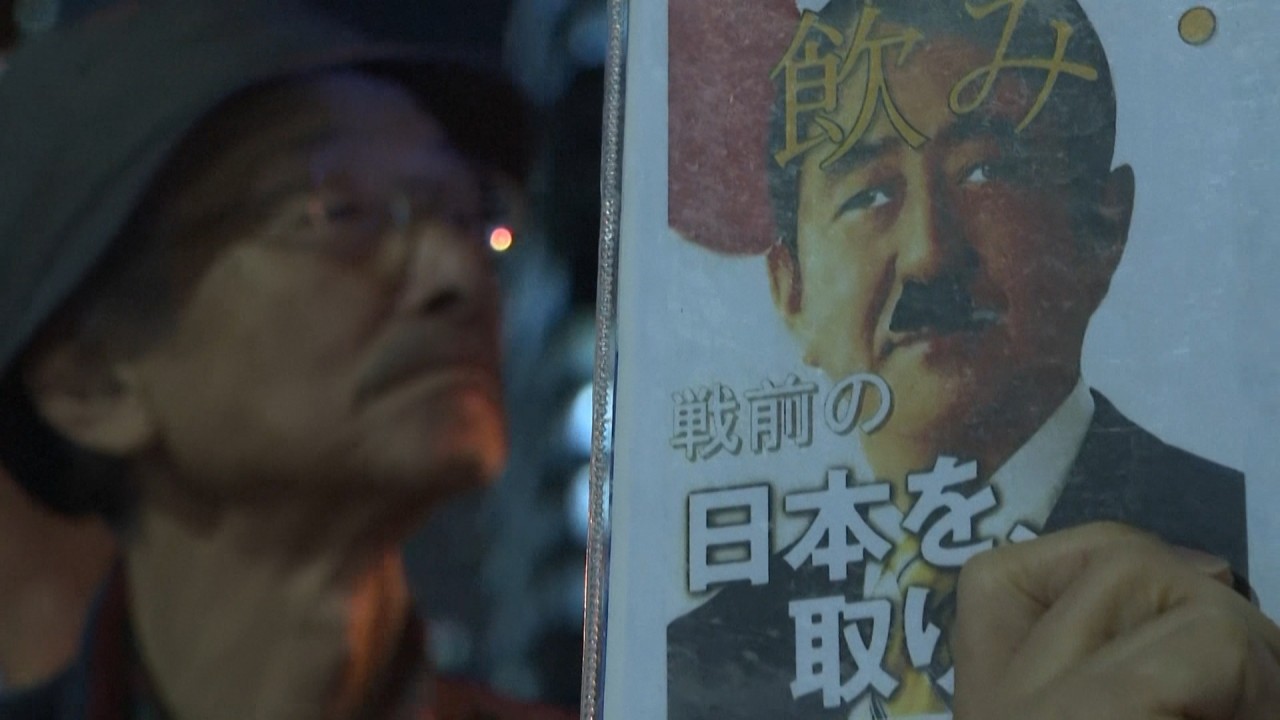
02:28
Cherry blossom party blooms into political scandals for Japanese Prime Minister Shinzo Abe
SECRET TO ABE’S SUCCESS
Still, for all Abe’s achievements, he too had made errors of judgment that cost him popularity, Jain said. He had failed to rein in political scandals, such as allegations that he rewarded supporters with invitations to a publicly funded cherry blossom-viewing party, or that he favoured the school operator Kake Gakuen, run by his long-time friend Kotaro Kake, for a deregulation project.
Abe had also mis-stepped in concentrating power in the prime minister’s office.
But what made Abe’s hold on the country endure, said Jain, was that he provided much needed political stability after Japan went through six premiers in six years before he took office for the second time in 2012.
“Neither Japanese voters nor the world wants to see the revolving-door pattern of prime ministers in Japan. That would be good neither for Japan nor for its friends and partners. Indeed it would be a disaster,” Jain said.
Nagy agreed, saying a steady hand in Tokyo was crucial if it were to convince the region of its ability to lead with a coherent, long-term vision.
As Lam put it, “it is hard for a prime minister to be the frontman or the face of foreign policy if you have these games of musical chairs”. ■

